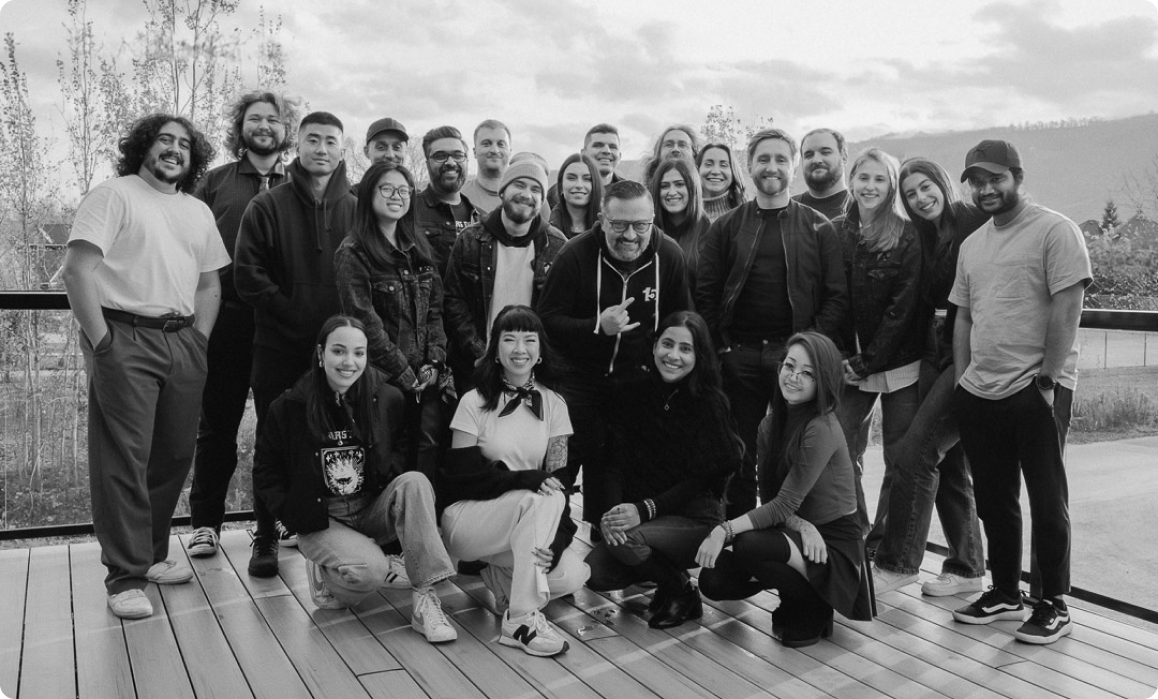Dec. 13, 2018

Why Adaptability is the Most Important Approach to Business
Fifteen years ago, the world was a different place. Geographically, things are more or less the same, but society, technology, and business have all changed quite a bit. That’s why adaptability in business is essential.
You can see this clearly in the way that consumers approach a brand. If your content, products, or services are not easily accessible online, they’ll remain out-of-sight and out-of-mind as far as customers are concerned. That’s why the biggest, most successful companies have taken action to not only have a website, but a mobile application, too.
How FAANG Stays Adaptable
FAANG (Facebook, Apple, Amazon, Netflix, Google) are the biggest tech companies in the world. It may seem hard for giants to stay flexible, but to succeed they need to be able to pivot. For example, Google is no longer a search engine you use only on a desktop computer. It’s embedded in your smartphone, immediately at your fingertips anytime you want it. Same with Amazon. Amazon saw an opportunity to sell books (and everything else) through the web, rather than brick-and-mortar stores. Now, Amazon caters to customers who put convenience first: you can order anything you want through their mobile application, and receive notifications through your phone as your package makes its way to your doorstep in two days. But neither of these corporate giants will stay static. Both are looking ahead and have identified voice as the next major computing platform. Google has its Assistant and is developing a voice-based artificial intelligence called Duplex. Amazon has the Echo and its Alexa assistant.
It’s safe to say that one specific characteristic has helped both of these companies achieve unprecedented success: adaptability.
How Adaptability helped nvision succeed
I wholeheartedly believe that adaptability is one of the most important characteristic a company can have. Change is inevitable, and it is crucial that our businesses not only accommodates change but embrace it. For example, when nvision launched fifteen years ago, the world of digital marketing looked very different than it does today. We were a simply web design company looking to bring amazing design together with sound technology. To stay ahead, we had to have more than the ability to adapt. We needed to look around the corner, observe trends and changes, and evolve our processes and strategies to continually stay on top of the industry. If you aren’t actively advancing, the world will go on without you — and I was not about to let nvision fall behind.
I can say with confidence that it is this commitment to adaptability has been one of the core pillars behind nvision’s success. It has certainly been a journey over those years, and navigating the sea of ever-evolving technology, regulations, and trends is not always easy. But when you are constantly looking forward, setbacks become opportunities to learn and advance.


The only Constant in the Tech industry is Change
For example, look at the way search engine optimization (SEO) has changed over the years. Back in the 90s, and even early 2000s, “keyword stuffing” was a way to get your website to the top of a search engine’s results, even though the practice resulted in lower-quality content and a disappointing experience for readers. In late 2003, though, Google’s algorithm was updated and sites that relied on keyword stuffing (or other dubious behavior) were penalized. This signaled a change toward search engine algorithms geared toward internet users’ satisfaction: helping them find the content and information they wanted, instead of spam. This trend has continued, as additional updates to Google have required inbound marketing to become more customer-centric than ever before, and supporting the rise of content marketing as an effective strategy.
I believe that these updates pave the path to a better experience for consumers and businesses alike. Consumers are more easily able to find the products, services, and information they are looking for. Meanwhile, companies that provide meaningful, informative content and leverage effective digital marketing forge a better relationship with customers. It’s a win-win, as long as you know how to work with the current digital landscape, and understand what’s coming next.
Unsurprisingly, technology has also advanced by leaps and bounds in the past fifteen years, and it is likely to continue to evolve rapidly. Faster computers and better internet connections have led to websites being more design- and code-intensive than ever before, and basic HTML knowledge is no longer sufficient to code a professional-looking website. It’s been vital for our company to invest in continuing education for our team to ensure that we’re well-versed in the latest web design practices. After all, creating a website today takes a significant level of technical skill to not only design an attractive site, but also ensure that it is secure, mobile-friendly and optimized for SEO. That’s a major change from 2003! Think about it: fifteen years ago, visitors to your website came to it through a browser on a computer. Now, smartphones put the internet at the average person’s fingertips, no matter where they are, and mobile users contribute to a large amount of internet traffic. So in April of 2015, Google started penalizing websites that weren’t mobile-friendly. Just over a year later, they went even further, and began cracking down on sites that served pop-ups on mobile. At nvision, we have been around long enough to see these changes take place and understand the trends underpinning them — which provides us with enough context to understand where the future of digital marketing is likely to go.
Change can mean Opportunity
Similarly, innovative new ideas have offered great opportunities for savvy businesses to connect with consumers in ways that were never possible before. As new social media platforms have come and gone, it has been necessary to constantly revise our approach to incorporating social strategies into digital marketing. For example, back when the company first launched, social media was nothing like it is today. Myspace still ruled the roost, and Facebook was still far away from becoming a tangible service — let alone the behemoth it is today. Today, an effective digital marketing strategy must take the current landscape of social media into account, and use it to better connect with prospects and customers alike.
Needless to say, there has been a lot of change in the past fifteen years. We have learned from it, gained invaluable experience from it, and I am confident that nvision is all the better for it. If you’re interested in hearing more about our journey from where we started fifteen years ago, or you’d like to learn how we can leverage our expertise to help your business, please contact us.
Book with us
Let’s accomplish what you are looking for, our team of experts are here for you.
Let's work togetherWarning: Working with our team may result in excessive creativity, uncontrollable 'aha' moments, and an addiction to perfect pixels. Please proceed with caution.



